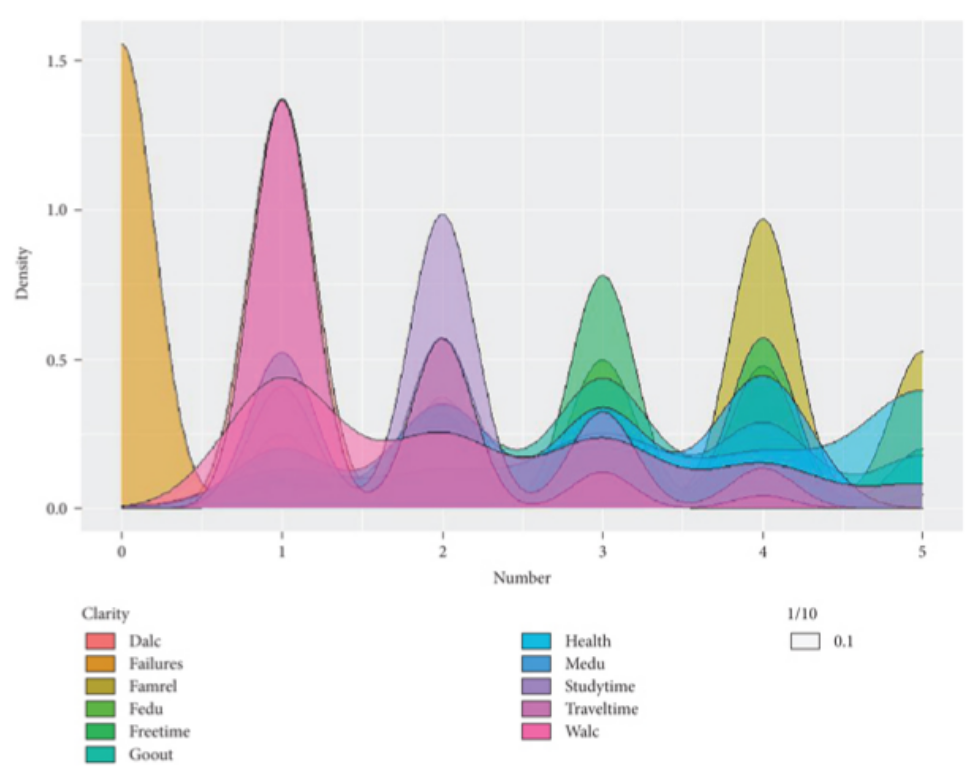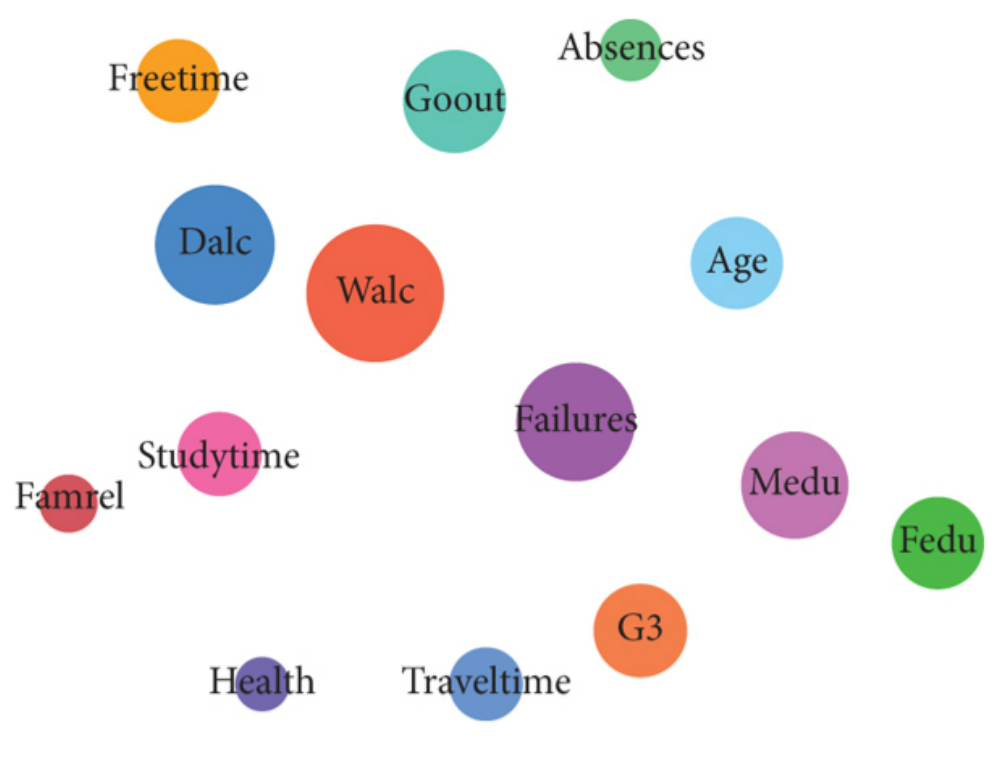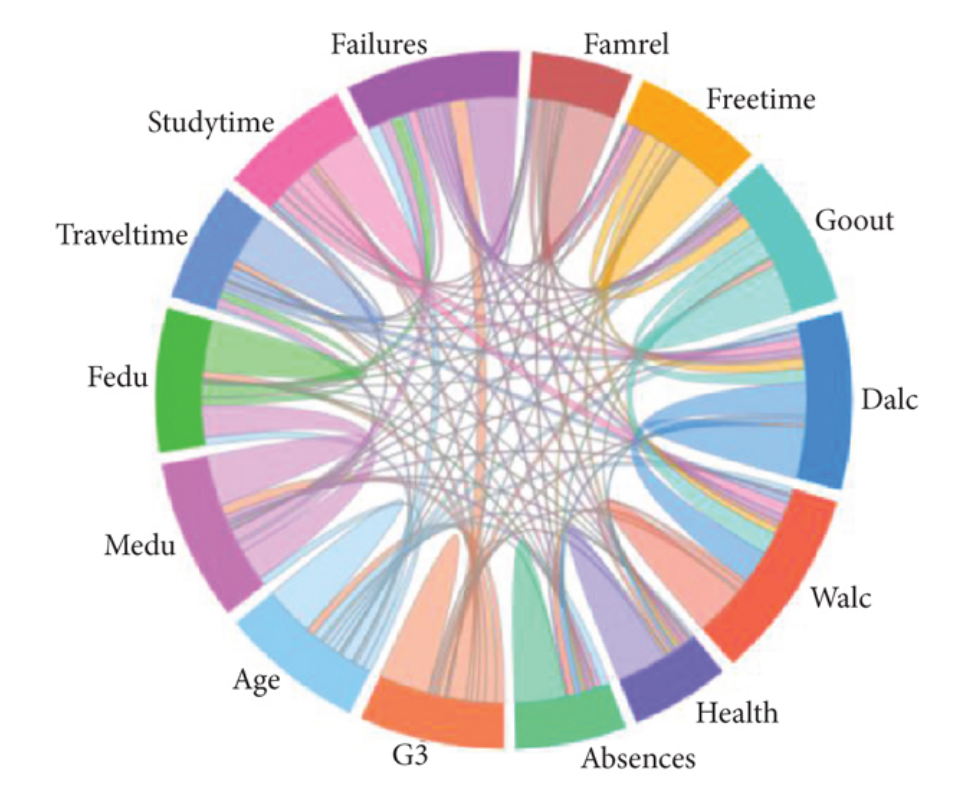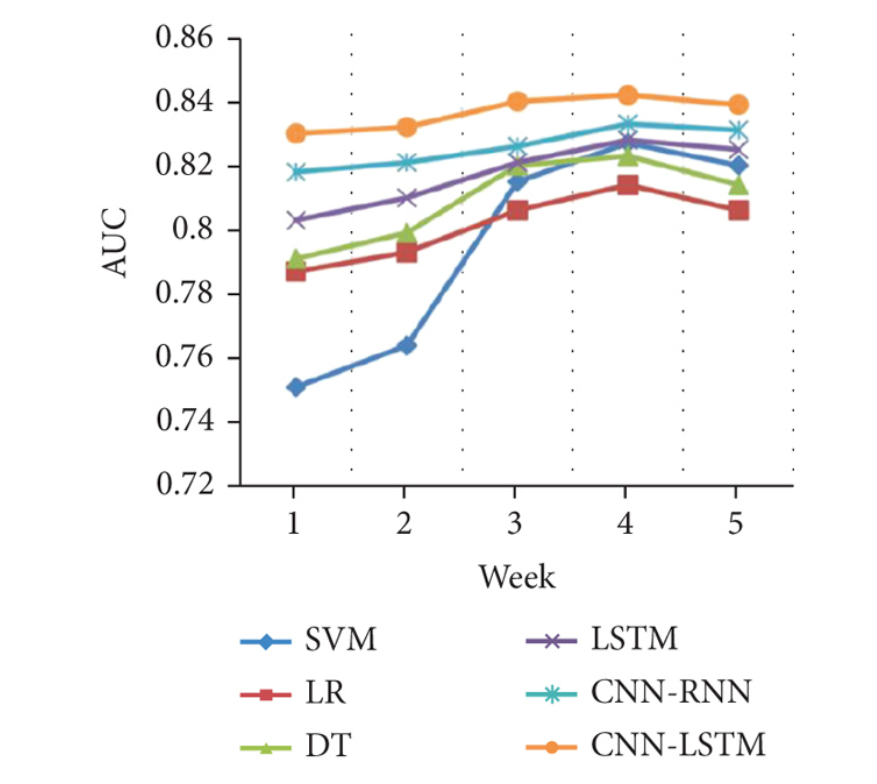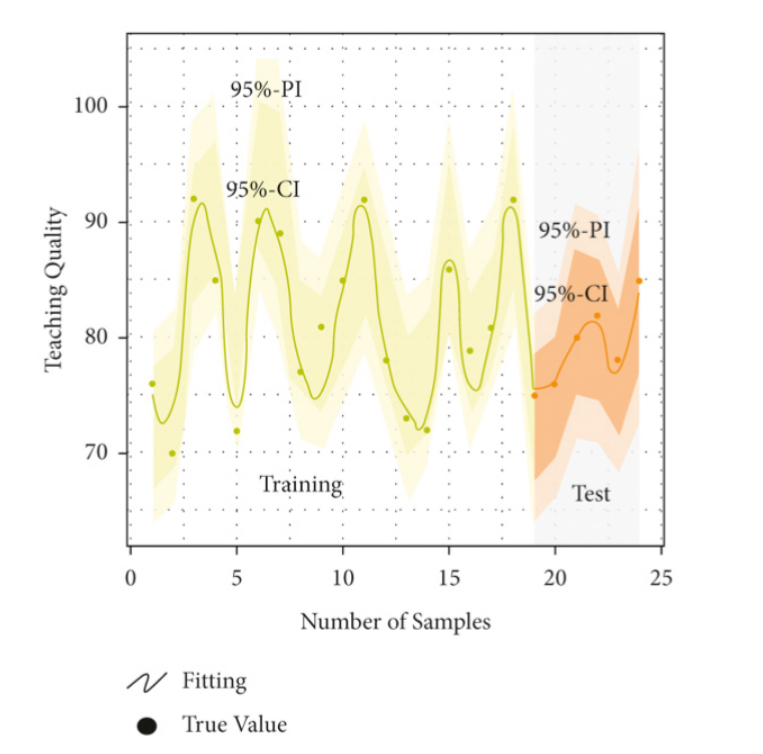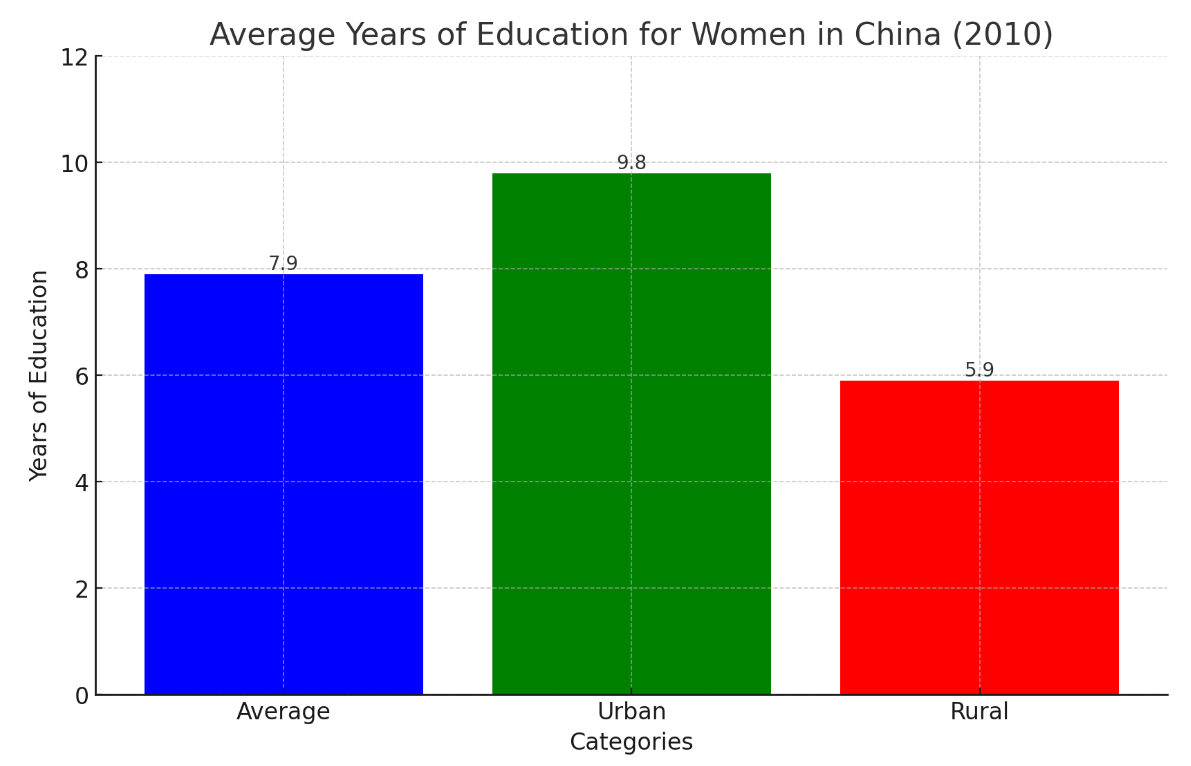 An open access journal
An open access journal
Summary Of Trust Between Mother And Child Among Rural Junior High School Students
Abstract
This article elucidates the importance of mother child trust from the emergence of "killing off" in Chinese society, difficulties in rural family education, and the crisis of identity faced by middle school students. Summarize from four aspects: trust types, trust factors, trust connotations, and trust fields, and point out the shortcomings of existing research. Research has found that research methods on maternal child trust among rural junior high school students focus on quantitative research, lacking qualitative research; The selection of research samples has limitations and has not fully considered the diversity of rural areas; Current research mainly focuses on the trust relationship between mother and child, while ignoring the impact of other family members, schools, communities, and other factors on mother child trust; The existing foreign theoretical framework may not be fully applicable to rural areas in China; At the same time, there is also a lack of attention to practical applications.
Show Figures
Share and Cite
Article Metrics
References
- Adams, C. M., Forsyth, P. B., & Mitchell, R. M. (2009). The formation of parent-school trust: A multilevel analysis. Educational Administration Quarterly, 45(1), 4-33.
- Addi-Raccah, A., & Arviv-Elyashiv, R. (2008). Parent empowerment and teacher professionalism: Teachers' perspective. Urban education, 43(3), 394-415.
- Barber, B.( 1983).The Logic and Limits of Trust. New Brunswick, NJ: Rutgers University Press.
- Chen, X. Reasons for the formation of trust crisis in online lending for farmers in China and its solutions. Enterprise economy. 2018,37(11):183-187.
- Conley, T. D., Moors, A. C., Ziegler, A., & Feltner, M. R. (2011). Trust and satisfaction in adult child–mother (and other) relationships. Basic and applied social psychology, 33(3), 239-254.
- Dasgupta, Partha (2000) ‘Trust as a Commodity’, in Gambetta, Diego (ed.) Trust: Making and Breaking Cooperative Relations, electronic edition, Department of Sociology, University of Oxford, chapter 4, pp. 49-72, .
- De Winter, S., Vandevivere, E., Waters, T. E., Braet, C., & Bosmans, G. (2016). Lack of trust in maternal support is associated with negative interpretations of ambiguous maternal behavior. Journal of Child and Family Studies, 25, 146-151.
- Deutsch, M. (1958). Trust and suspicion. Journal of Conflict Resolution, 2(4),265–279.
- Deutsch, M.(1973). The Resolution of Conflict: Constructive and Destructive Processes. New Haven and London: Yale University Press.
- Diao, Y.H. The Model, Dilemma, and Breakthrough of Trust between Teachers and Students - Based on the Perspective of Modernity. Contemporary Educational Science.2021(04):65-71.
- Émile Durkheim. Social Division of Labor Theory (Translated by Qu Dong) [M]. Beijing: Sanlian Bookstore, 2000.
- Fan, H. An Analysis of the Crisis of Popular Trust in the Context of Ethical Culture. Philosophical Research.2017(03):110-117+129.
- Giddens. Translated by Tian, H. The Consequences of Modernity [M]. Yilin Publishing House, 2000
- Hakim, M. A., Thontowi, H. B., Yuniarti, K. W., & Kim, U. (2012). The basis of children’s trust towards their parents in Java, ngemong: Indigenous psychological analysis. International Journal of Research Studies in Psychology, 1(2), 3-16.
- Heidt, H. M. (1984). The relationship between self-disclosure, trust, and marital adjustment .Doctoral dissertation, George Peabody College for Teachers of Vanderbilt University.
- Hunag,Y.J.On the Mother Child Relationship and Mother Education Issues in Traditional Society.Jiang Han Tribune.2011(01):140-144.
- Houri, A. K., Thayer, A. J., & Cook, C. R. (2019). Targeting parent trust to enhance engagement in a school–home communication system: A double-blind experiment of a parental wise feedback intervention. School Psychology, 34(4), 421.
- Hovland, C. I., Janis, I. L. & Kelly, H. H.(1953). Communication and Persuasion. New Haven, CT: Yale University Press.
- Jiao, Y.L. Moral Vacuum or Normative Conflict: A Review of Current Trust Crisis Research. Education Academic Monthly. 2014(08):21-26.
- Julian B. Rotter (1967). A new scale for the measurement of interpersonal trust. , 35(4), 651–665.
- Karakus, M., & Savas, A. C. (2012). The Effects of Parental Involvement, Trust in Parents, Trust in Students and Pupil Control Ideology on Conflict Management Strategies of Early Childhood Teachers. Educational Sciences: Theory and Practice, 12(4), 2977-2985.
- Kerr, M., Stattin, H., & Trost, K. (1999). To know you is to trust you: Parents' trust is rooted in child disclosure of information. Journal of adolescence, 22(6), 737-752.
- Kostromina, S. N., Gurieva, S. D., Borisova, M. M., & Khomyakova, E. G. (2016). Trust in and perception of parents in children with different coping strategies. Procedia-Social and Behavioral Sciences, 233, 35-41.
- Luo, T.Y.;Lei, H. Trust, between patients and doctors. Society. 2002(01):32-34.
- Max, W. Translated by Wang, B.F. Economic Ethics of World Religions: Confucianism and Taoism [M]. Beijing: Central Compilation and Translation Press.2018.
- Mishra, J. & Morrissey, M.A.(2000).Trust in Employee/Employer Relationship: A Survey of West Michigan Managers[J]. Public Personnel Management. 19(4):443-486.
- Nam, J., & Chang, M. (2018). Effectiveness of delinquency prevention program using propensity score matching: is trust in teachers a turning point in zero-tolerance policies?. International Review of Public Administration, 23(2), 119-137.
- Nicholas, L. Translated by Qu, T.P.; Li Q. Trust [M]. Shanghai: Shanghai Century Publishing Group. 2005.
- Persram, R. J., Howe, N., & Bukowski, W. M. (2022). Constructing and validating a measure of adolescents’ perceptions of sibling trust. Canadian Journal of Behavioural Science/Revue canadienne des sciences du comportement, 54(1), 73.
- Remple ,J. K. & Holmes, J. G.(1986).How Do I Trust There? Psychology Today, 20(2), pp.28-34.
- Richard Williams and Elizabeth Thomson (1985). Can Spouses be Trusted? A Look at Husband/Wife Proxy Reports. Demography, 22(1), 115–123. doi:10.2307/2060990.
- Sabel, C. F. (1993). Studied Trust: Building New Forms of Cooperation in a Volatile Economy. Human Relations, 46(9), 1133–1170. doi:10.1177/001872679304600907
- Sakai, A. (2005). Parenting and marital trust in Japan. Psychological reports, 96(2), 515-526.
- Seok, C. B., Mutang, J. A., & Hashmi, S. I. (2015). Trust formation to the mother: A comparison between male and female adolescents. Procedia-Social and Behavioral Sciences, 171, 299-308.
- Sheftall, A. H., Schoppe-Sullivan, S. J., & Futris, T. G. (2010). Adolescent mothers’ perceptions of the coparenting relationship with their child’s father: A function of attachment security and trust. Journal of Family Issues, 31(7), 884-905.
- Strier, M., & Katz, H. (2016). Trust and parents’ involvement in schools of choice. Educational Management Administration & Leadership, 44(3), 363-379.
- Tyas,T.H.(2012).The role of trust in shaping mother-and-child relationship: Indigenous psychological analysis.International Journal of Research Studies in Psychology.DOI: 10.5861/ijrsp.2012.103
- Van Maele, D., & Van Houtte, M. (2011). The quality of school life: Teacher-student trust relationships and the organizational school context. Social indicators research, 100, 85-100.
- Wang, M; Wang, Y.X. Trust Crisis and Charitable Donation: An Empirical Study Based on Provincial Data from 2002 to 2016.Manage Comments. 2020, 32(08): 244-253.
- Williamson, Oliver E. (1979). Transaction-Cost Economics: The Governance of Contractual Relations. The Journal of Law and Economics, 22(2), 233–261. doi:10.1086/466942
- Wu,J.R. Looking at the Trust between University Teachers and Students from the Pygmalion Effect. Journal of the National School of Education Administration. 2009(02):61-65.
- Wu, J.M.; Wang, Y.W. Analysis of Trust Crisis Governance Paths from the Perspective of Social Inclusive Development. Zhongzhou Academic Journal. 2023(07):96-103.
- Xi, Z.W.; Xin, H. The "anti expert" discourse in youth online socializing: potential risks and coping strategies. Youth Journalist. 2023 (21): 56-58.
- Xu, B. A quasi experimental study on the formation mechanism of government trust crisis after negative events.Persevere in one's studies until one reaches the goal. 2019(02):113-125.
- Yang, Z.F.; Peng, S.Q. Conceptualization of Interpersonal Trust among Chinese People: Perspectives on Interpersonal Relationships [J]. Sociological Research, 1999 (2).
- Zai, X.W. The Social Roots of Credit Crisis. Jiangsu Social Sciences. 2014(01):85-96.
- Zhai, X.W. The essence of trust and its culture. Society.2014,34(01):1-26.
- Zhang, J.X.;Zhang, M.Q.;Lang, J. The role of differentiated trust and generalized trust in the path model of interpersonal trust behavior [J]. Journal of Psychology, 2000.32, (3): 311-316
- Zhang, J.X.;Zhang, M.Q.; Liang, J. The role of differentiated trust and generalized trust in the path model of interpersonal trust behavior. Journal of Psychology. 2000.32,(3):311-316.
- Zhang, Y.L.;Lei, L.H.;Gong, Q. Trust Crisis, Regulatory Burden, and Food Safety. World Economic Papers.2017(06):56-71.
- Zhang, Y.W. Interpersonal trust among contemporary youth and its influencing factors. Journal of Fujian University of Administration. 2012(02):24-32.
- Zuo, Y.; Wang, S.Q. A Study on the Trust of College Students in College Teachers from the Perspective of Ability and Quality: A Case Study of Southwest Jiaotong University. Journal of Southwest Jiaotong University (Social Sciences Edition).2015,16(02):96-103.
- Zheng , Y.F.; Peng S.Q. Trust in Chinese Society [M]. Beijing: China Urban Publishing House, 2003.
- Zhang, K.Z. Viewing Trust in the Coordinates of History: On the Three Historical Types of Trust.Social Science Research.2005(01):11-17.
- Zhang, X.A. On Trust [D]. Shaanxi Normal University.2002.
- Zheng, Y.F. Trust Theory [M]. Beijing: China Radio and Television Press. 2015.

